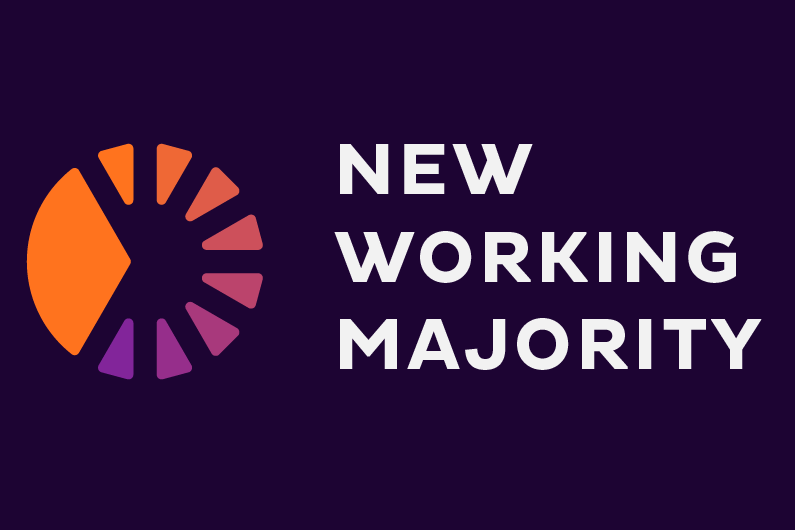Organizing is a craft, and like every other craft, it involves learning from people with more–or different–experience. As organizers, we must also commit to being lifelong learners, because the learning that we need to do involves two elements–Ability and Awareness.
Ability refers to the technical skills that an organizer must learn in order to succeed in their job, and can include things like conducting good one-on-ones, being responsible with data, using technology, and running a meeting. Most skills in the Ability category are transferable between campaigns and organizations–if you’ve learned to input data into one CRM, you can probably figure it out when faced with a new CRM.
Awareness refers to a set of learnings that are more amorphous, and can be campaign or geographically specific. This can involve things like understanding how one’s state legislature works (or fails to), or specific knowledge about the political climate in a particular city council when it comes to passing certain legislation. Awareness can sometimes be transferable, but it is often specific to one campaign or situation. Awareness is also a pool that must be constantly replenished. You cannot go back to a city after 15 years away and still expect to understand the political climate of that city council.
Over the course of our time working to develop both of these kinds of organizing skills, we’ve created a kind of taxonomy of the organizer’s life cycle, which has four stages.
Novice (Year One)
Every craft has novices, and their major job is to learn the basic Ability skills that are relevant to the organizing that they are doing. Many base-building groups will call Novices “Organizers in Training” or something similar. Most organizations are focused on making sure that Novices can conduct a successful one-on-one, can canvass (or do other types of in-person cold outreach), can construct a meeting agenda and lead a meeting.
Awareness will come in during the Novice year, but it tends to be centered around understanding that they lack Awareness abilities. (Have you ever heard a first year employee ask, “Why didn’t I learn this in school?”) For Novices, the most important Awareness to gain is the knowledge that “I don’t know what I don’t know”.
Apprentice (Years 2-5)
Those who get through the Novice year graduate to being Apprentices. In the Apprentice years, organizers are generally still focusing very heavily on Ability skills, and may start to develop specialization of some kind. This could mean to build expertise on one particular campaign or issue, or it could involve specializing in a specific kind of workplace (if a union) or group of people. As Apprentices move into years 3, 4 & 5, they are likely to begin developing campaign planning skills as well. Apprentices are often heavily involved in leadership development for members.
Apprentices are starting to become more confident about their Awareness abilities as well. They may start to know who specific elected officials are, and what power those offices have, for example. They should have, by this point, become regular news consumers, and should have a level of Awareness around other political issues in their city or state, not just the ones that they personally work on.
Journeyperson (Years 6-15)
Around year 6, organizers move into their Journeyperson stage. This could involve becoming a Lead Organizer or perhaps an Organizing Director in a smaller organization. Journeypeople are generally confident in their basic Ability skills, having had significant time to master them. They may be developing higher-level Ability skills, such as the ability to start and manage a coalition, or to plan and oversee a large-scale event. Journeypeople are often starting to take on mentoring roles, in addition to their formal supervision responsibilities.
When it comes to Awareness, Journeypeople are not only regular consumers of news in their area, they are also beginning to strategize about how to increase their own Awareness through relationships, gossip, oral history, and other organizers’ work. They should start to develop the habit of doing relational one-on-ones with others in their movement ecosystem, so that they are not just aware of their own organization’s work, but that of their peers.
Adept (Years 16+)
Like everyone else, the Adept must continue learning new Ability skills as they progress through their career. This will likely involve learning how to use new technologies, as few of us are still using the tech we started our careers with! But it also involves expanding our understanding of various tactics, and learning new organizing techniques from younger organizers, who are closer to the base-building work themselves.
The Adept also needs to continue to grow their Awareness, and will now also be in the role of passing on their Awareness knowledge to less senior staff in their own organizations. Rarely do these kinds of organizations have archives–if you want to know what happened ten years ago, you may need to talk to a person who was there then. Adepts often hold the living history of movement groups, and making sure that they have space to share their Awareness and perspectives is important.
When we talk to our clients about a position they are searching for, this organizer life cycle helps us to place the job in the context of the whole organization. Running a search for a group of Novice organizers for a union is different from looking for a Journeyperson who is going to be able to help a group of Novices and Apprentices grow their Awareness skills.
A healthy organization should have people in all stages of the organizer life cycle, and a commitment by all to growing their Awareness as well as their Ability skills. We hope this taxonomy helps you to think about whether your organization is focused on helping all organizers grow!

